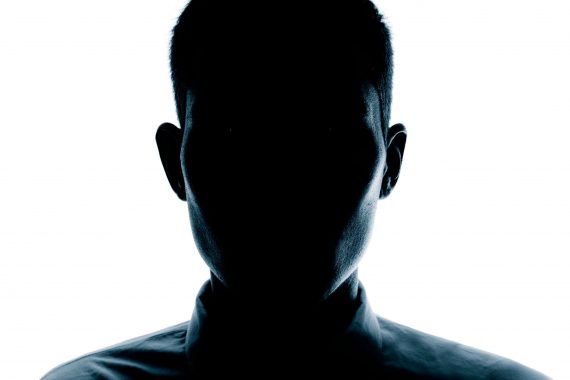Can us GPs do more to help during this pandemic?

There is no question that this disease is a bigger threat to doctors than any of us have ever faced. I have huge respect for those doctors who are taking this risk on a daily basis in emergency departments and hospital wards across the UK, as well as huge sympathy for the sick and dying and their families.
And the NHS failure to support GPs by providing adequate PPE, Covid testing, and large supplies of tools needed such as oxygen sats monitors has been pathetic, and it is entirely reasonable for us to complain about that as well as the shielding list farce.
But, do the majority of GPs really deserve applause for our work with this crisis? Not yet, in my opinion. Admittedly, we have had to deal with a deluge of paperwork, but I don’t really think that counts.
The truth is, we haven’t had the deluge of work that some might have feared at the start of the pandemic. From my experience as locum in an area which is seeing some cases but is not yet a hot spot, I have seen the demand for GP locums disappear. Before the pandemic, practices were desperate to get locum cover even outside the holiday season as many practices in our area are severely undermanned with 3,500+patients per full time equivalent GP.
Why this lack of demand for locums? First of all, patients are staying away and not calling us. Partly because of the national publicity about protecting the NHS, partly because they don’t want to come in to the surgery and catch the virus, and partly because they think we are working hard dealing with sick Covid patients. And NHS 111 has not yet been booking a significant number of GP appointments, at least not in our area.
Secondly, a lot of regular GP work is being cancelled or postponed. As well as all chronic reviews, there is no QOF, CQC, extended hours, etc – which is a break GPs probably need. So the total number of consultations per day has been reduced by at least half in some practices.
Only a tiny fraction of the normal number of F2F consultations are being done. In some large practices it is two or three per day and sometimes less. In some areas, many F2F patients are travelling a long way to be seen in so-called hot hubs which have no continuity, and of course no Covid testing.
But there are serious downsides to the present situation, which is clearly going to go on for many months if not years. Some patients with serious non Covid disease are being missed: meningitis, MI, appendix etc. Paediatricians have been noticing that seriously sick kids have been presenting later and sicker than usual. A&E attendances and acute hospital admissions are down in many parts of the country. Ambulances are recording a rise in calls in which they arrive at a house to find the patient has already died. Excess deaths are on the increase.
The behaviour of GPs now will have an enormous influence on the future of the whole profession
Within such an environment, I feel we can do more, starting off with the management of Covid. To sort the mild to moderate Covid patients from the really sick ones, NHS 111 phone triage doesn’t cut it. You need basic observations, most obviously pulse oximetry, as many hypoxic patients aren’t obviously breathless, and there have been deaths shortly after telephone triage has categorised patients as mild. NHS 111 is not doing this – but we can. If patients called their own practices and had Sats monitors collected for them, and then had a phone or video consultation with someone who has access to patients GP records, we could assess patients remotely much better than 111.
Secondly, someone is going to need to sort out care for Covid patients who are frail and for whom hospital admission would separate them from their families without giving them any useful treatment. They will need symptomatic treatment, and their families will need support. We need teams of (maybe young?) GPs and nurses to deal with this, especially for residential homes, who are dealing with increasing numbers of Covid patients, and whose staff really are heroes!
Finally, we can do more to get the message out that general practice is open. Some practices might be doing this, but plenty aren’t. If we do this we will improve patient care, including for seriously ill patients, avoid some pretty damning journalism from the likes of the Daily Mail, deal with some of the pent-up flood of demand that we are going to face anyway in coming months, and also deserve and get gratitude from our patient populations.
Yes, we lack equipment and support, but it is surely possible, partly because we do have some spare time at the moment to work on this. The publicity about not calling your GP – ‘save the NHS’, which has left patients apologetic about calling us – needs to be changed urgently. And all those doctors who have been volunteering to help NHS 111 need to resign as they are a problem, not a solution as phone triage has been fairly useless.
This is a historic crisis, and the behaviour of GPs now will have an enormous influence on the future of the whole profession, as well as really helping patients in need.
The writer is a locum GP in the East Midlands, who wishes to remain anonymous









